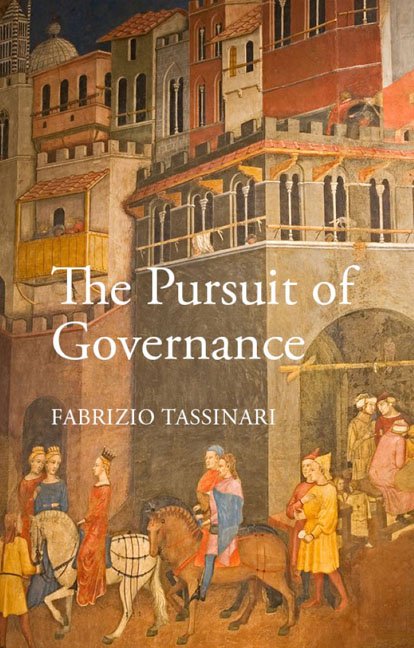Book contents
- Frontmatter
- Contents
- Dedication
- Acknowledgements
- Introduction: the pioneers
- 1 From Singapore to Sacramento: a method of governance
- 2 It takes an island: the sources of governance
- 3 The crystal curtain: a culture of governance
- 4 Hail to the mandarins: the scaffolding of governance
- 5 The good disorder: the limits to governance
- 6 A transnational world: the practice of governance
- Conclusion: the new middle way
- Notes
- References
- Index
4 - Hail to the mandarins: the scaffolding of governance
Published online by Cambridge University Press: 09 January 2024
- Frontmatter
- Contents
- Dedication
- Acknowledgements
- Introduction: the pioneers
- 1 From Singapore to Sacramento: a method of governance
- 2 It takes an island: the sources of governance
- 3 The crystal curtain: a culture of governance
- 4 Hail to the mandarins: the scaffolding of governance
- 5 The good disorder: the limits to governance
- 6 A transnational world: the practice of governance
- Conclusion: the new middle way
- Notes
- References
- Index
Summary
The pursuit of governance is hardly a modern preoccupation: the fourteenth-century Sienese painter Ambrogio Lorenzetti titled one of his iconic frescos “The Effects of Good Government”. A bustling construction site, the chatty merchants, a hosiery shop, a handful of patrolling soldiers, a teacher and his students, dancers and artists: had Lorenzetti also painted a physician's waiting room and a retirement community, his “allegory” on government would have anticipated the welfare state by some hundreds of years.
When colours, forms and composition remain so vivid and powerful, they provide a better rendering of governance than a hundred scholarly articles. Indeed, to come up with an agreed definition of “governance” is a hopeless cause. In some languages, the word is untranslatable altogether. In some neo-Latin tongues, the term is simply referred to as “government”, which places emphasis on the domestic level and executive power. In a rather standard definition, the World Bank defines governance as: “the traditions and institutions by which authority in a country is exercised. This includes the process by which governments are selected, monitored and replaced; the capacity of the government to effectively formulate and implement sound policies; and the respect of citizens and the state for the institutions that govern economic and social interactions among them”.
In other interpretations, governance is a more performative exercise, which finds its realization in the practices and perceptions on governing rather than in any specific action or mechanism. Not unlike Lorenzetti's fresco, it accounts for the “effects” of government for citizens, practices that we recognize in everyday life.
Over time, our understanding of governance has coalesced into a more cohesive body of practices. The casual observer of public policy will likely have heard of the “Washington Consensus”. The phrase, originally coined by economist John Williamson, is associated with the set of economic and social policies prescribed by lending institutions, as well as most Western governments, upon delivering financial assistance abroad. The choice of the word “consensus” entails the acceptance of a worldview that puts its faith in liberalization of services and goods, fiscal discipline and deregulation.
Just as importantly, the term has long been associated with its presumed global exportability: the gradual convergence of nations divided by different cultures and political traditions around a common normative template and standards.
- Type
- Chapter
- Information
- The Pursuit of GovernanceNordic Dispatches on a New Middle Way, pp. 83 - 102Publisher: Agenda PublishingPrint publication year: 2021



